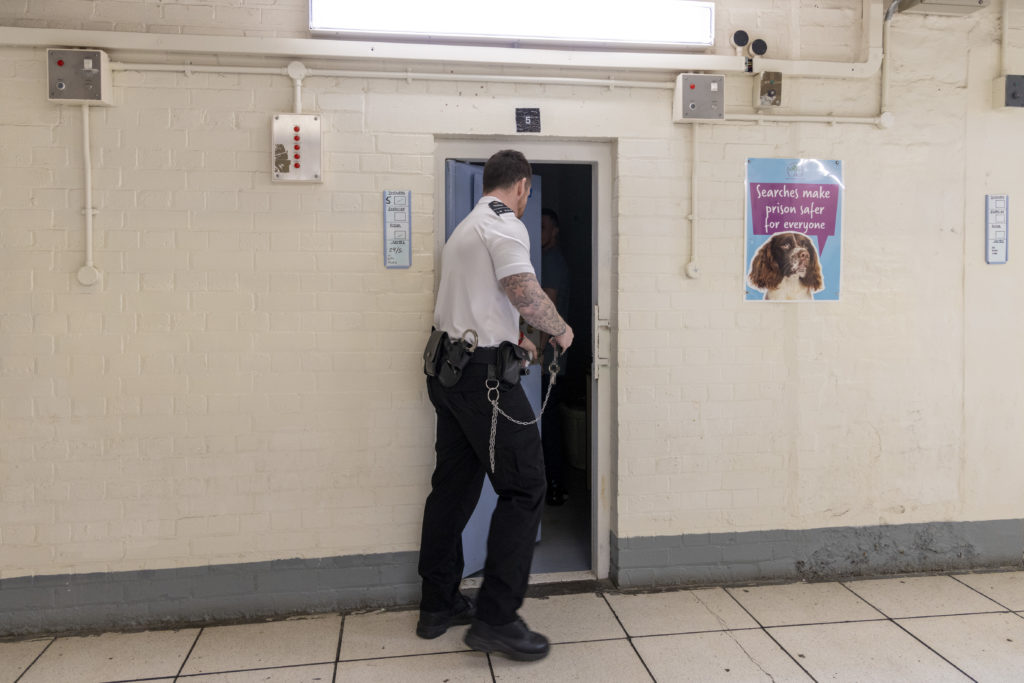The Ministry of Justice (MoJ) is set to receive a real-term 1.8% spending increase according to the latest spending review announced by the Chancellor on Wednesday. The funding boost includes money for courts, MoJ capital projects, probation services, and law officers, including the Crown Prosecution Service (CPS).
This follows Rachel Reeves’ directive for departments to identify 5% efficiency and productivity savings when setting budgets through 2028-29. According to The Law Society Gazette, the MoJ is working with the Office for Value for Money to find £360 million in ‘technical efficiencies’ by 2028-29.
Day-to-day justice spending is set to reach £13.2 billion by 2028-29, while capital spending will rise to £2.3 billion annually between 2026-27 and 2028-29, before returning to £2 billion in 2029-30. This will support the initiative of creating 14,000 new prison places by 2031. Dr. Kate Paradine, CEO of Women in Prison, criticised the move, stating: ‘Prison is a dead end, tearing families apart and failing to tackle the root causes of crime.’
Reeves has also committed up to £450 million more per year for the courts by 2028-29, aimed at reducing Crown Court backlogs in line with Sir Brian Leveson’s recommendations. This includes a record increase in Crown Court sitting days.
The Law Officers’ departments will see funding rise to £1.3 billion by 2028-29, with £160 million more in day-to-day spending compared to 2023-24. This includes a ‘record investment into the CPS’, whose budget will reach £1 billion. Probation services are also set to receive up to £700 million more per year to support reforms from former Lord Chancellor David Gauke’s Independent Sentencing Review.
While legal professionals welcomed the increased spending, others were less convinced. The Police Federation expressed frustration over being left out of the government’s priorities, warning that officers are ‘overworked, underpaid, and under threat like never before’. The organisation cited a real-terms pay cut of over 20% since 2010 and rising workloads, with each officer now handling a third more cases than a decade ago. Without additional investment, it anticipates losing 10,000 officers annually by the end of the review period.
The End Violence Against Women Coalition echoed the Federation’s concern, arguing that the spending review ‘reflects a narrow focus on the criminal justice response’ and fails to invest in the community-based, preventative services needed to address the root causes of harm.
Law Society president Richard Atkinson noted that while the review ‘gives hope’ that justice is now a government priority, ‘long-term sustained funding’ is still needed to reverse decades of underinvestment.








